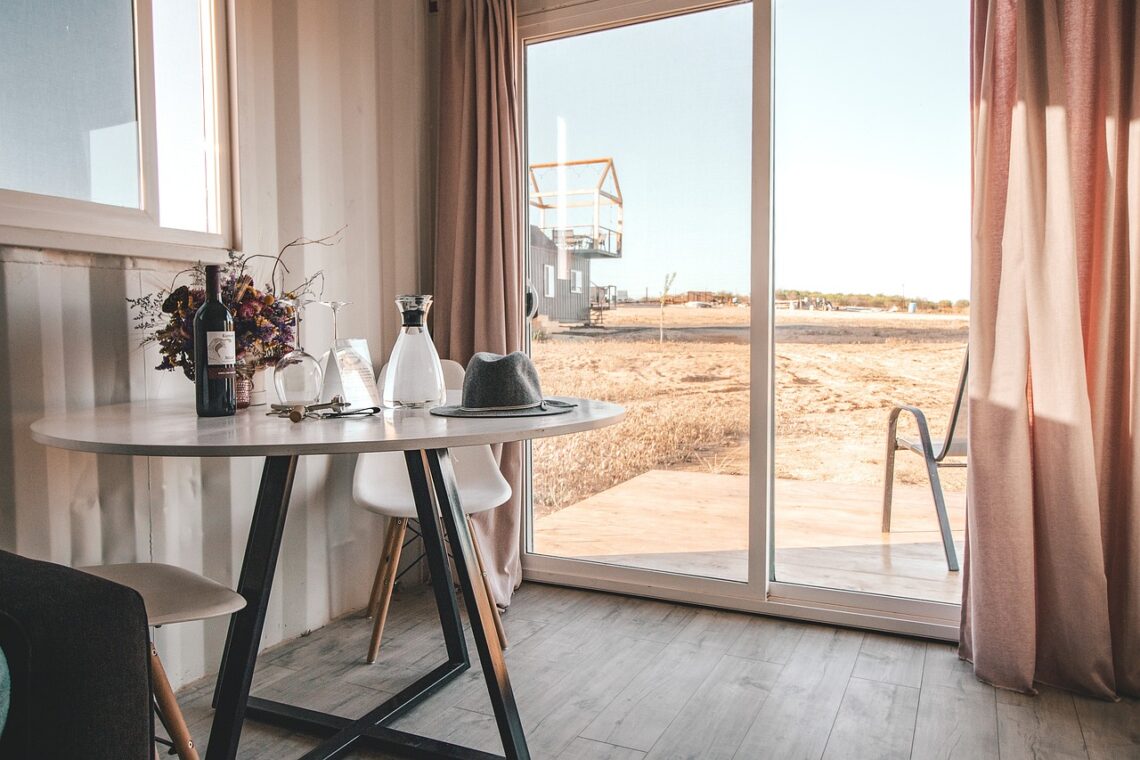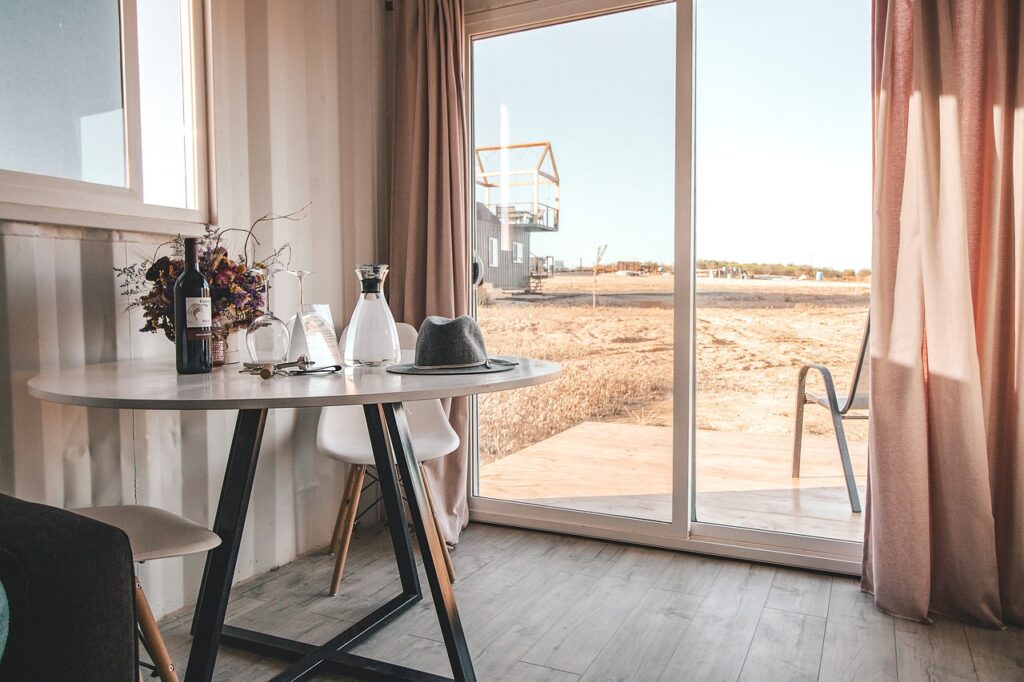
Beyond the Front Desk: Ensuring Guest Safety in Your Hotel*
In today’s travel landscape, ensuring guest safety has become more than just a compliance requirement—it’s a fundamental aspect of hospitality that builds trust and enhances the guest experience. While the front desk is often the first point of contact for guests, true safety extends well beyond this initial interaction. Here’s a comprehensive guide to enhancing guest safety in your hotel, ensuring that every aspect of their stay is secure and comfortable.

1. Comprehensive Staff Training
Training is the backbone of safety in any hotel. Regular training sessions for your staff on emergency procedures, first aid, and security protocols are essential. All employees should be familiar with the hotel’s emergency evacuation plans, how to handle medical emergencies and procedures for managing security incidents. This ensures that everyone on your team can act swiftly and confidently, minimizing potential risks to guests.
2. Advanced Security Measures
Investing in modern security technology is crucial for guest safety. This includes surveillance cameras in common areas, secure key card systems, and well-lit parking lots. Surveillance cameras should be strategically placed in entrances, hallways, and parking areas to monitor activity and deter potential threats. Key card systems should restrict access to guest rooms and other sensitive areas, reducing the risk of unauthorized entry.
3. Regular Maintenance and Safety Checks
Creating a safe hotel environment begins with diligent maintenance. It’s crucial to perform regular inspections and upkeep of your hotel’s infrastructure, including fire alarms, sprinkler systems, and emergency exits. Ensure that all safety equipment is operational and that emergency exits are clearly marked and free of obstructions.
Routine inspections should be conducted to identify and resolve any potential hazards before they escalate. Additionally, consider including professional odor removal services in Orem, UT, to maintain a fresh and pleasant environment, which is an important aspect of overall guest comfort and safety.
4. Emergency Preparedness Plans
Having a detailed emergency preparedness plan is vital. This plan should cover a range of scenarios, including fire, natural disasters, and medical emergencies. It should outline clear procedures for evacuating guests, providing first aid, and contacting emergency services. Regularly review and update the plan, and conduct drills to ensure that both staff and guests are familiar with the procedures.
5. Guest Education and Communication
Keeping guests informed about safety protocols can significantly enhance their sense of security. Upon check-in, provide guests with information on emergency procedures, including the location of emergency exits and contact numbers for in-house security. Consider placing this information in guest rooms as well. Clear communication helps guests understand what to do in an emergency and reassures them that their safety is a top priority.
6. Safe and Secure Room Features
Guest rooms should be equipped with safety features to enhance security. Ensure that all locks are functioning properly and that windows and doors have secure mechanisms. In-room safes should be available for guests to store valuables. Additionally, consider installing peepholes and chain locks on doors to allow guests to verify the identity of anyone at their door before opening it.
7. Accessibility and Special Needs Considerations
A safe hotel environment must cater to guests with special needs. Ensure that your hotel is accessible to guests with disabilities, including those who require mobility assistance. Provide amenities like accessible rooms, ramps, and elevators. Training staff to assist guests with special needs is also important for ensuring their safety and comfort.
8. Crisis Management and Incident Response
Having a plan in place for managing and responding to crises is essential. This includes a clear chain of command for handling incidents, a communication plan for informing guests and staff, and protocols for coordinating with local authorities. In the event of an incident, a well-prepared team can manage the situation effectively, minimizing disruption and ensuring guest safety.
9. Feedback and Continuous Improvement
Guest feedback is a valuable tool for improving safety measures. Encourage guests to provide feedback on their experience, and use this information to identify areas for improvement. Regularly review and update safety protocols based on feedback and new developments in security technology and best practices.
10. Creating a Culture of Safety
Ultimately, safety in a hotel is about creating a culture where everyone—staff and guests alike—feels secure. Foster an environment where safety is a shared responsibility, and encourage open communication about any concerns or potential risks. By prioritizing safety in every aspect of your hotel’s operations, you build trust and provide a more enjoyable and secure experience for your guests.
In Conclusion
Ensuring guest safety goes beyond the front desk and requires a comprehensive approach that involves training, technology, maintenance, and communication. By implementing these measures, your hotel can offer a secure and welcoming environment that enhances the overall guest experience and fosters long-term loyalty.




